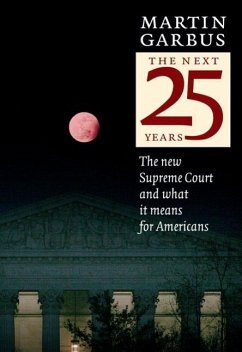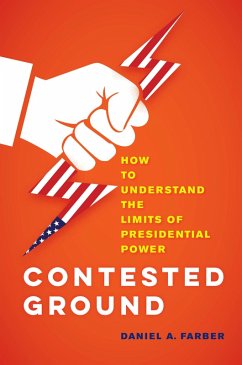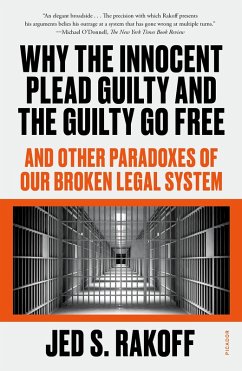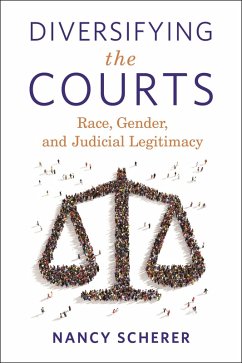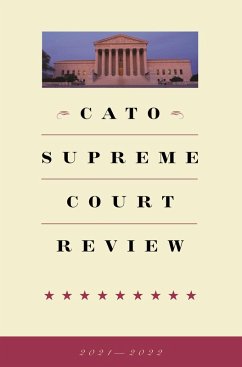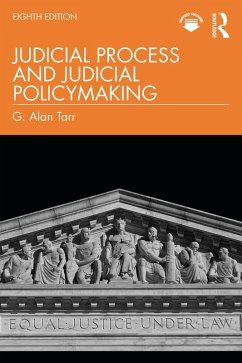
The Court and the World (eBook, ePUB)
American Law and the New Global Realities
Versandkostenfrei!
Sofort per Download lieferbar
3,99 €
inkl. MwSt.
Weitere Ausgaben:

PAYBACK Punkte
2 °P sammeln!
In this original, far-reaching, and timely book, Justice Stephen Breyer examines the work of the Supreme Court of the United States in an increasingly interconnected world, a world in which all sorts of activity, both public and private-from the conduct of national security policy to the conduct of international trade-obliges the Court to understand and consider circumstances beyond America's borders. It is a world of instant communications, lightning-fast commerce, and shared problems (like public health threats and environmental degradation), and it is one in which the lives of Americans are...
In this original, far-reaching, and timely book, Justice Stephen Breyer examines the work of the Supreme Court of the United States in an increasingly interconnected world, a world in which all sorts of activity, both public and private-from the conduct of national security policy to the conduct of international trade-obliges the Court to understand and consider circumstances beyond America's borders. It is a world of instant communications, lightning-fast commerce, and shared problems (like public health threats and environmental degradation), and it is one in which the lives of Americans are routinely linked ever more pervasively to those of people in foreign lands. Indeed, at a moment when anyone may engage in direct transactions internationally for services previously bought and sold only locally (lodging, for instance, through online sites), it has become clear that, even in ordinary matters, judicial awareness can no longer stop at the water's edge. To trace how foreign considerations have come to inform the thinking of the Court, Justice Breyer begins with that area of the law in which they have always figured prominently: national security in its constitutional dimension-how should the Court balance this imperative with others, chiefly the protection of basic liberties, in its review of presidential and congressional actions? He goes on to show that as the world has grown steadily "smaller," the Court's horizons have inevitably expanded: it has been obliged to consider a great many more matters that now cross borders. What is the geographical reach of an American statute concerning, say, securities fraud, antitrust violations, or copyright protections? And in deciding such matters, can the Court interpret American laws so that they might work more efficiently with similar laws in other nations? While Americans must necessarily determine their own laws through democratic process, increasingly, the smooth operation of American law-and, by extension, the advancement of American interests and values-depends on its working in harmony with that of other jurisdictions. Justice Breyer describes how the aim of cultivating such harmony, as well as the expansion of the rule of law overall, with its attendant benefits, has drawn American jurists into the relatively new role of "constitutional diplomats," a little remarked but increasingly important job for them in this fast-changing world. Written with unique authority and perspective, The Court and the World reveals an emergent reality few Americans observe directly but one that affects the life of every one of us. Here is an invaluable understanding for lawyers and non-lawyers alike.
Dieser Download kann aus rechtlichen Gründen nur mit Rechnungsadresse in A, B, BG, CY, CZ, D, DK, EW, E, FIN, F, GR, HR, H, IRL, I, LT, L, LR, M, NL, PL, P, R, S, SLO, SK ausgeliefert werden.




